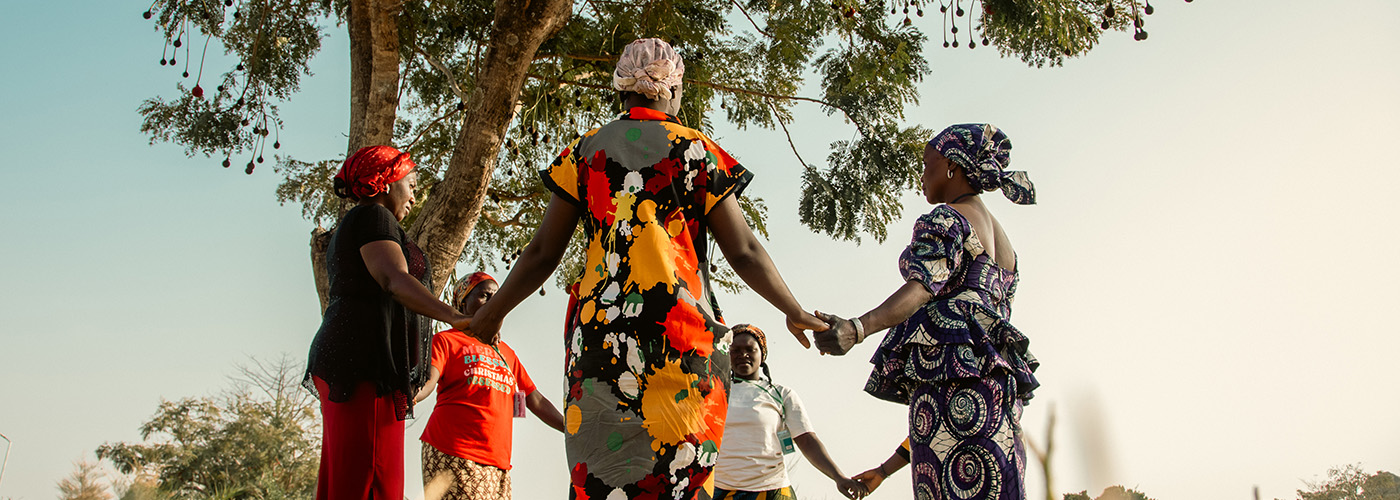Malaysia: Pastor Koh verdict
In November, a Malaysian court ordered the Malaysian government to pay Susanna Koh an amount equivalent to U.S. $2,400 for every day her husband has been missing — a fine that amounted to more than $7.4 million at the time of the ruling. They
were also ordered to reopen the investigation into his abduction.
Broader attention to the situation in Latin America
In Mexico and Colombia, there is growing recognition of the specific risks faced by religious leaders in areas affected
by organized crime and armed groups. This has elevated the visibility of Christian vulnerability among the public. In Nicaragua and Cuba,
religious freedom concerns are so overt that they have remained on the global agenda. Across all four countries, churches continue to show remarkable resilience and creativity in adapting their ministries and community work so they can keep
serving vulnerable populations despite a very restrictive environment.
Violence drops in Bangladesh
There was relative calm in Bangladesh over the past year, after the unrest that led to the overthrow of the Prime Minister in August 2024. This meant the violence score, which was
almost maximum a year ago, dropped by 20 percent on the 2026 World Watch List. Following the unrest in which the Christian minority was significantly affected, the leader of the interim government, Muhammad Yunus, has made a number of public
statements about the importance of religious freedom. His advocacy, however, faces a test in next month’s scheduled elections, which may reveal a growing Islamic influence and potentially lead to further restrictions and persecution. Let us
keep Bangladesh in our prayers.
With God all things are possible
Christianity is so violently opposed in many countries on the World Watch List, that faith should be impossible there. Yet with God all things are possible; not only are believers continuing to hold on to Jesus, they are determined to share their
faith with others, and the church is growing. God continues to build His church, and with the prayers and support of their brothers and sisters around the world, persecuted Christians are standing strong.
Aweis Ali, a believer from Somalia, who has experienced firsthand the devastating effects of violent persecution, said, "People thought that the Somali church growing was impossible because of all the killings. But what was impossible is, in fact, now possible, because the growth of the church is huge in Somalia."
North Korean believers, Eun-Yeong* and Cheol-Ho* met Jesus on the border of North Korea and were discipled in an Open Doors safehouse there. They felt called to return, took the good news back into North Korea and despite the grave dangers, sent
a simple message back across the border, "Our (church) family has grown to five."
According to the timeless words of Jesus in Matthew 18:26, "With man this is impossible, but with God all things are possible."


